In a bid to revolutionize education, Mostafa Jabbar, former Minister of Post and Telecommunications and renowned ICT expert, calls for unified cooperation in the implementation of Bangladesh's new curriculum. Addressing attendees at the 'New Curriculum Showcase and Digital Education Fair' in Dhaka, Jabbar highlights the critical role of collective support in realizing the educational vision set forth by Bangabandhu Sheikh Mujibur Rahman and championed by Prime Minister Sheikh Hasina.
Dhaka, June-8,(V7N)- Mostafa Jabbar, former Minister of Post and Telecommunications and prominent ICT expert, emphasized the need for integrated collaboration in implementing the new curriculum. He mentioned that after the liberation, Bangabandhu Sheikh Mujibur Rahman initiated the development of the country towards universal education through the Kudrat E Khuda Commission. Today, his capable daughter, Prime Minister Sheikh Hasina, is tirelessly working towards realizing a Smart Bangladesh through the implementation of a new curriculum. However, such extensive and far-reaching educational reforms require the collective collaboration of all. This was stated by him as the chief guest at the 'New Curriculum Showcase and Digital Education Fair' organized by Mirpur English Version School and College in Dhaka on Saturday, June 8, 2024.
Yahia Khan, the chairman of Mirpur English Version School and College, presided over the event, where special guests included Bijoy Digital's CEO Jasmine Zui, Abdul Kader Fakir, education officer of Mirpur Thana (Secondary and Higher Secondary), respected guest Monjur Sarkar, master trainer of the new curriculum and mathematics author, and Mir Abdul Malek, principal of Madhu Business High School, among other prominent educators from the larger Mirpur area.
The Ministry of Education successfully implemented the new curriculum, providing students with inspiration, guidance, curriculum, teaching-learning skills, evaluation methods, and necessary subject matter through a critical discussion at the event.
Speakers at the event further emphasized that a curriculum has many geographical and temporal neutral theoretical and philosophical aspects. Through research, considering the cultural perspective of the country, the Ministry of Education has finalized the new curriculum for all educational institutions nationwide. Emerging from traditional education and incorporating participatory education, the new curriculum is a highly adaptable framework for learning through practical application.
The implementation of the new curriculum has already begun step by step. In 2023, it started in first, sixth, and seventh grades, in 2024, it will be introduced in second, third, eighth, and ninth grades, in 2025, in fifth and tenth grades, in 2026, in eleventh grade, and in 2027, in twelfth grade.
END/V7N/RKB/DK/



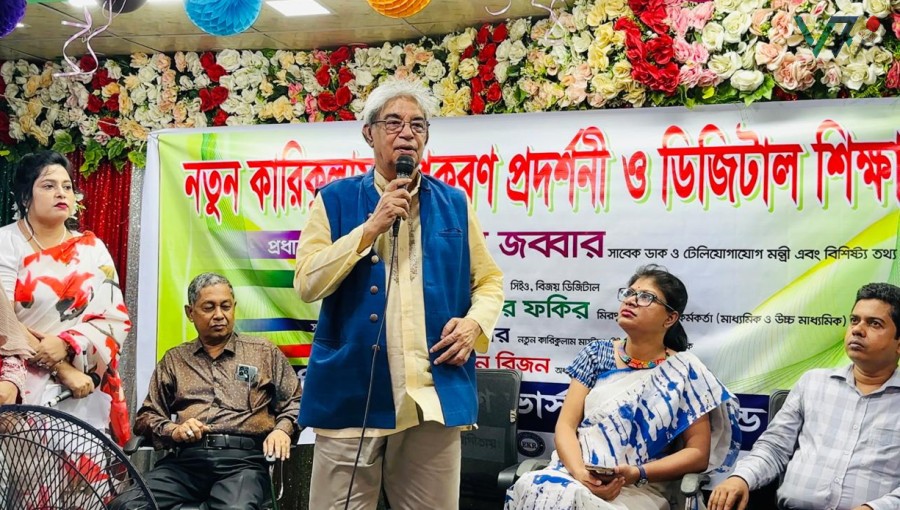

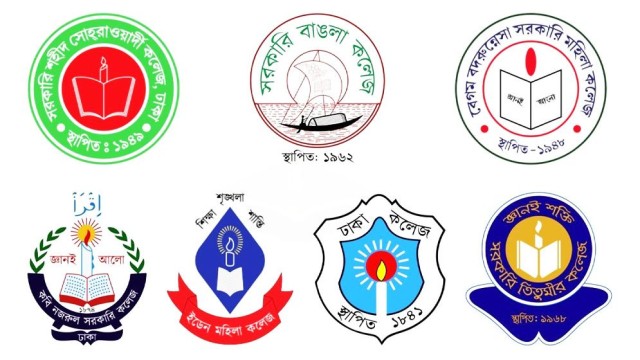
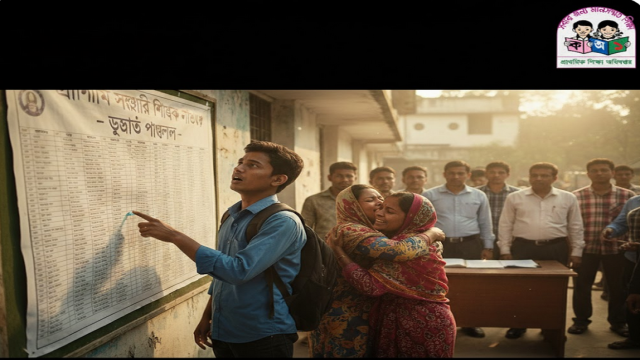
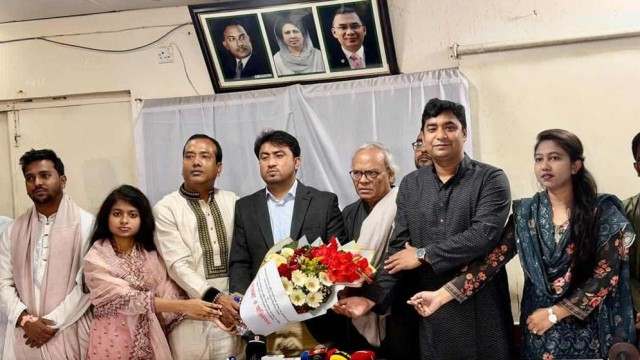
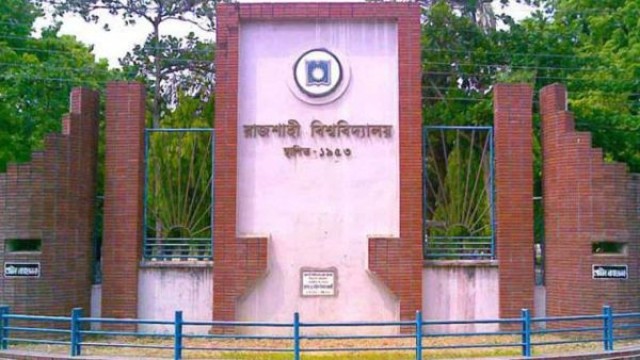
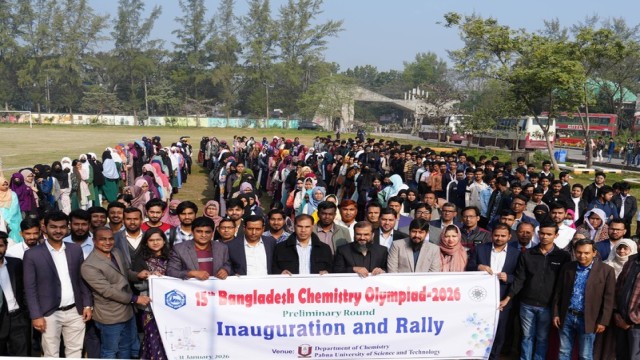
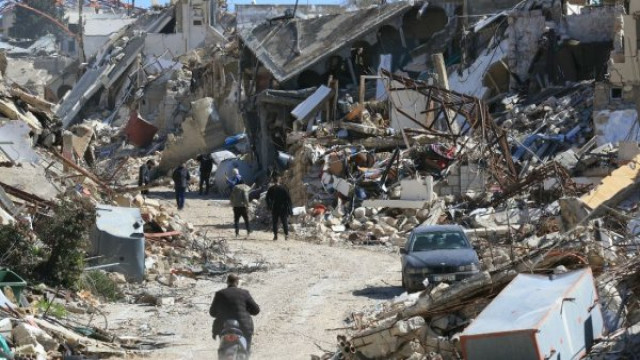
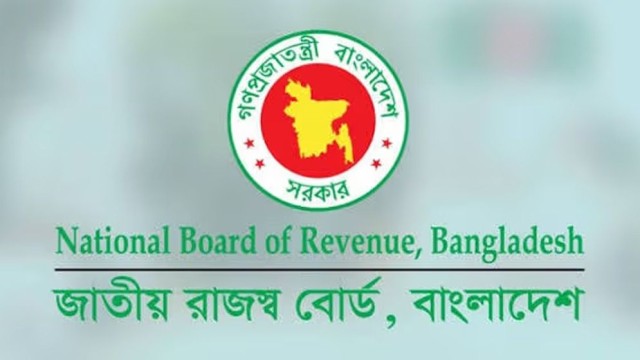

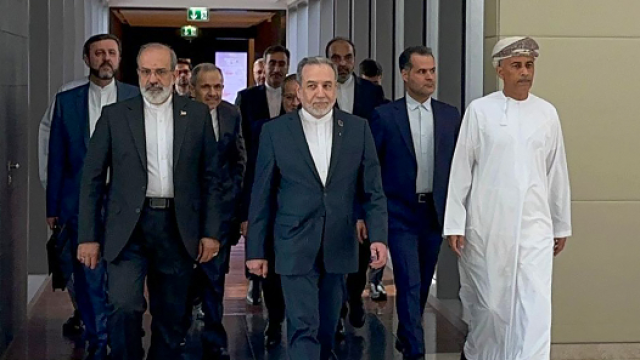
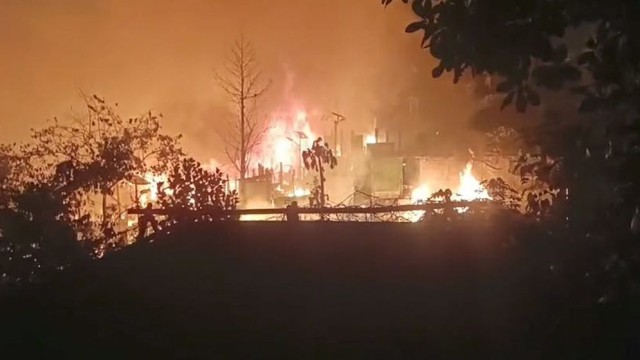

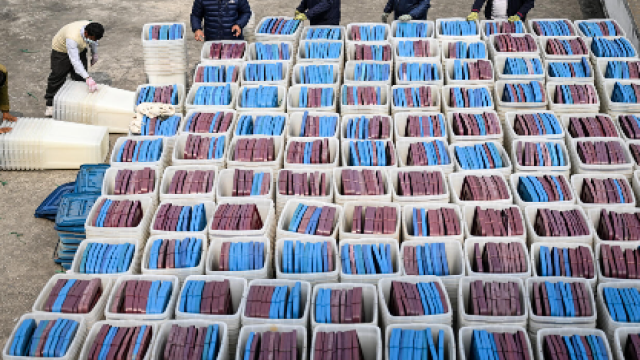

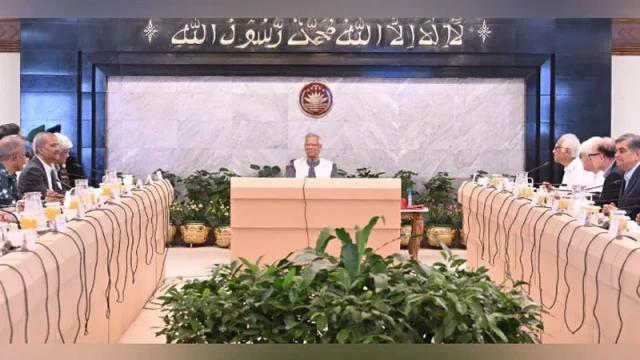
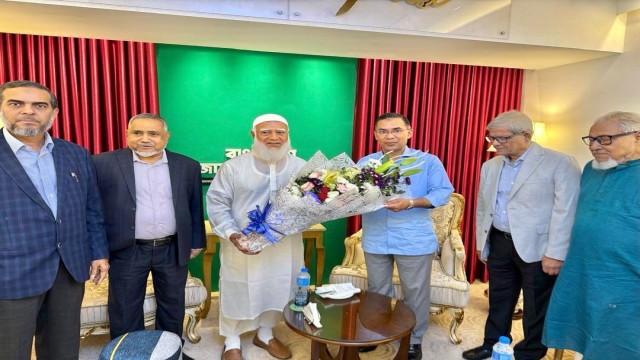










Comment: